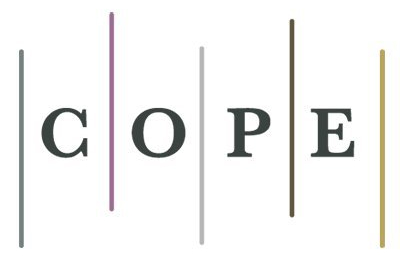Gestão Social: Epistemologia para Além de Paradigmas
Palavras-chave:
Gestão social, administração pública, paradigmas, incomensurabilidade paradigmática, círculo das matrizes epistêmicas.Resumo
O objetivo deste ensaio teórico é propor um novo caminho para o debate epistemológico no campo da gestão social, para além das fronteiras paradigmáticas. Apoiando-se em estudos que tratam da gestão social sob diferentes perspectivas, foi feito um contraponto entre modelos baseados na tese da incomensurabilidade de Thomas Kuhn – como o diagrama dos paradigmas sociológicos de Gibson Burrell e Gareth Morgan – e uma alternativa para romper com a mentalidade paradigmática: o círculo das matrizes epistêmicas. O estudo demonstrou que a lógica de paradigmas incomensuráveis não é adequada para orientar os estudos da gestão social devido a sua complexidade e pluralidade. Isso pôde ser comprovado pela identificação de múltiplas abordagens sociológicas adotadas em estudos do campo, inclusive abordagens híbridas. Nesse sentido, o círculo das matrizes epistêmicas se demonstrou mais adequado, pois ao invés de fronteiras intransponíveis, possibilita o trânsito entre as matrizes e permite o diálogo entre diferentes abordagens sociológicas.
Downloads
Downloads
Publicado
Como Citar
Edição
Seção
Licença
Esta obra está licenciada sob uma Licença Creative Commons Attribution 4.0.
A O&S adota a Licença de Atribuição do Creative Commons 4.0 em todos os trabalhos publicados, exceto, quando houver indicação específica de detentores de direitos autorais.





